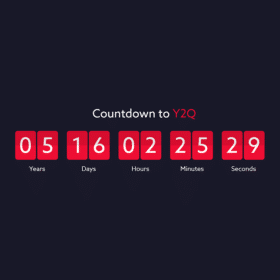Solution Brief
Enea Qosmos ixEngine to Boost ZTNA Performance with Detailed Traffic Visibility
Application Awareness and Contextual Insights for Zero Trust Success
Zero Trust Network Access (ZTNA) is a conceptual framework for cybersecurity that assumes all users, devices and applications are inherently untrustworthy, and that the risks they pose must be controlled through rigorous authentication, least-privileged access and continuous monitoring.
But a ZTNA solution will only be as effective as the data foundation upon which it is built. Successful ZTNA requires accurate, universal application awareness and detailed traffic insights.
In this solution brief, you will discover how Enea Qosmos ixEngine® embedded in your ZTNA solution delivers this intelligence through delivery of high-fidelity contextual information about users, devices, applications, services, transactions, and flows.
Equipped with this intelligence, you can develop an innovative, differentiated ZTNA solution that will outperform your competitors and provide air-tight protection for your customers.
Additional Resources




